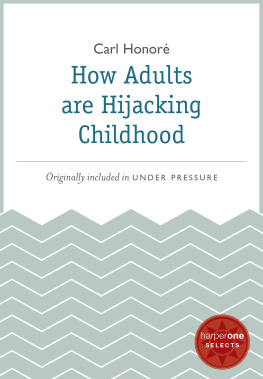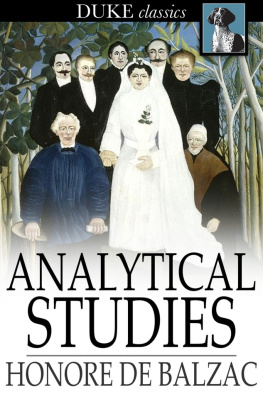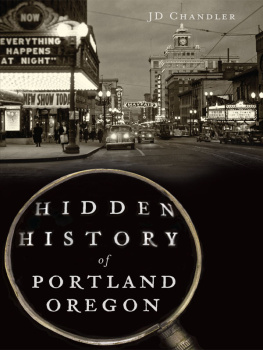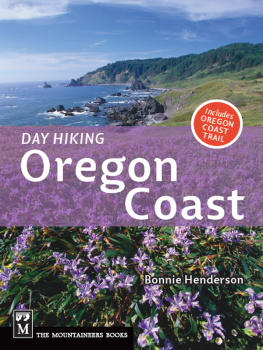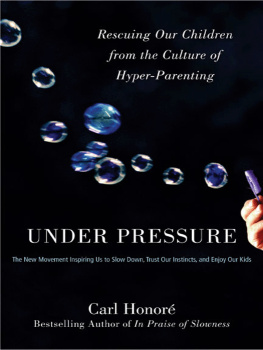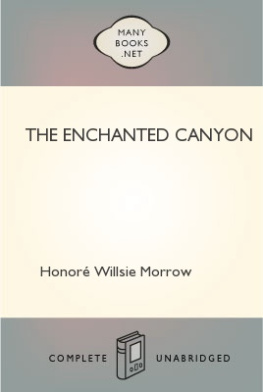This edition is published by PICKLE PARTNERS PUBLISHINGwww.pp-publishing.com
To join our mailing list for new titles or for issues with our bookspicklepublishing@gmail.com
Or on Facebook
Text originally published in 1954 under the same title.
Pickle Partners Publishing 2016, all rights reserved. No part of this publication may be reproduced, stored in a retrieval system or transmitted by any means, electrical, mechanical or otherwise without the written permission of the copyright holder.
Publishers Note
Although in most cases we have retained the Authors original spelling and grammar to authentically reproduce the work of the Author and the original intent of such material, some additional notes and clarifications have been added for the modern readers benefit.
We have also made every effort to include all maps and illustrations of the original edition the limitations of formatting do not allow of including larger maps, we will upload as many of these maps as possible.
SEVEN ALONE
BY
HONOR MORROW
AS REVISED FOR THIS EDITION BY PHYLLIS BRAUN
THE BEGINNING OF THE TRAIL
THIS is the story of a great boy pioneer. Perhaps there have been other boy pioneers, thirteen years of age, who were as great as John Sager, but, if so, I have not heard about them.
He was not a goody-goody sort of boy, you know. I suppose his manners, if he had any, were all bad. And, as you will see, his method of getting obedience from his brother and sisters was open to criticism. But he did a great job well; better, I think, than any boy of today could hope to do it. I think that was because John Sager lived under conditions that made boys plan and do as boys are not obliged to plan and do today.
He was born in Ohio, in 1831. His father, Henry Sager, was a farmer and blacksmith. His mother, Naomi Sager, was a fine housewife. When John was seven, his brother Francis five, and his sister Catherine four, the family migrated from Ohio to a farm in Missouri.
Johns earliest recollection of family talk was of hearing his father trying to persuade his mother to give up the Missouri farm and go with him to the Oregon Country. John couldnt make out for many years just what his parents meant by Oregon Country and he was inclined for a long time to agree with his mother that it would be better to remain in Missouri. Until a boy is about ten years old he is very dependent on his mother, and her feelings and opinions about family matters weigh more with him than those of anyone else. So when John heard conversations like this between his parents:
But, Naomi, I talked today with a man who has been clear through to the Pacific Coast. He says that theres a valley that lies out near the coast, on the other side of the Rockies, thats like heaven. Flowers all the year round; soil black muck hundreds of feet deep; thousands of acres of it, to be had for the taking. And, Naomi, if we Americans dont take it, the British will.
But, Henry, the terrible journey between here and that valley! Women, and children couldnt undertake it. You shouldnt ask it of me. After you leave Missouri, youre at the mercy of the Indians and the weather for two thousand miles. And that article in the St. Louis newspaper said you cant use a wagon after you reach the Rocky Mountains. How would we get our furniture through? No! No! Dont bother me with your restless talk.
When, I say, John first heard such exchange of ideas as this between his parents, he was worried. He shared all his mothers fears. Leave the Missouri farm, the chickens, the calves, the dog, the flowers, the bureau that held his clothes and toys, the trundle-bed in which he and his little brother Francis slept so safely in the room with Fathers and Mothers big four-poster? John could not bear the thought.
But his father had the born pioneers firmness of will. Not a week went by for years that he did not talk to Johns mother about Oregon, until the idea of going there became a part of Johns growing mind.
Their farm was located near the rough road that led north-west toward the Platte River, and south-east to St. Louis. Over this road there traveled constantly groups of trappers with packhorses loaded with furs which they had trapped in the distant Rockies and were bringing to St. Louis. And over the road, too, in the opposite direction, plodded freighters outfits made up of covered wagons and pack-mules carrying goods to Fort Laramie and Fort Bridger, trading-posts far, far to the west, that sought to exchange supplies with the trappers for the precious furs.
Indians went up and down this road constantly. All sorts and conditions of Indians. Sober chiefs with their wives and children, their dogs, their ponies following them in noisy confusion; young braves, some of them drunk and dangerous; Indian hunters carrying buffalo beef to St. Louis.
It was a fascinating road for a boy to watch. At first John eyed it from the safe haven of his mothers kitchen window. But as the years marched on, John marched with them, away from his mothers skirts, toward the split-rail fence that shut the farmyard from the road, until, by the time he was twelve, he sometimes went a mile or so along the road with some outfit whose leader was willing to answer his eager questions about Oregon. And then, before she realized what was happening, John had crossed over to his fathers side of the Oregon idea, and was teasing his mother to start for that fabled valleythe valley of the Willamette.
Now, in the five years that the Sagers had been living on this road, very, very few white women had traveled with the outfits that were heading for Oregon. A few missionaries wives had gone through, but the average man hesitated to hamper himself with women and children on such a dangerous and difficult trip. And Naomi Sager clung to these facts when John and his father and even Francis nagged her to go West.
But even this argument was not to be left her. In 1843, Dr. Marcus Whitman, a missionary who with his wife carried on a thriving mission to the Indians near what is now Walla Walla, Washington, came through Missouri, urging families to follow him out to Oregon.
He told them about the wonderful climate, the vast rich lands, the mineral resources, and he told them over and over that unless hundreds of Americans got out there in the next year and took up land, the whole of Oregon Territory would go to the British. But, perhaps most important of all, Dr. Whitman said that wagons could go clear through to the Pacific Coast and that the trip was safe for women and children. In fact, he said he would lead a caravan through himself.
And that spring of 1843, there passed over the road by the Sagers house the biggest outfit ever seen in those partsa thousand men, women, and children, with two hundred covered wagons, heading for Oregon under Dr. Whitmans leadership.
The talk of it and the sight of it set Henry Sager on fire. And, with all her pet arguments upset, poor Naomi Sager at last gave in. If, she said, a caravan as strong as the one of 1843 should be formed for 1844, she would join it.





